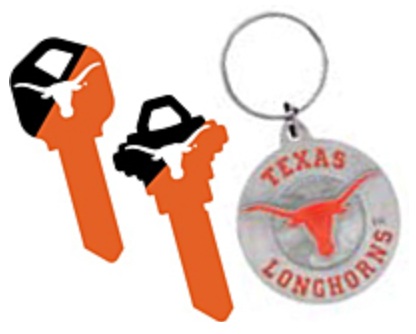 Texas law requires that the department shall suspend a person’s driver’s license if the department determines that the person had an alcohol concentration of .08 in accordance with Section 49.01 (2)(B) of the Texas Penal Code, while operating a motor vehicle in a public place or while operating a watercraft; or (2) the person was a minor on the date that the breath or blood specimen was obtained and had any detectable amount of alcohol in the minor’s system while operating a motor vehicle in a public place or while operating a watercraft.
Texas law requires that the department shall suspend a person’s driver’s license if the department determines that the person had an alcohol concentration of .08 in accordance with Section 49.01 (2)(B) of the Texas Penal Code, while operating a motor vehicle in a public place or while operating a watercraft; or (2) the person was a minor on the date that the breath or blood specimen was obtained and had any detectable amount of alcohol in the minor’s system while operating a motor vehicle in a public place or while operating a watercraft.
Being arrested for a DWI in Texas does not necessarly result in having your driver’s license suspended. There are options available to contest the suspension or to allow you to continue to drive legally despite the suspension. Remember that each state has different laws regarding DWI’s and suspensions so it is important to find an attorney in your state that is knowledgable about DWI laws.
To assist you with the process of a license suspension in Texas, here is a break-down of what happens after a DWI arrest in Texas:
- After you are arrested for a DWI, you have 15 days to request an ALR hearing.
- A criminal defense attorney may request the hearing for you or you may request one yourself prior to hiring an attorney. ALR hearings are used to contest driver’s license suspensions.
- At an ALR hearing, license suspensions may be overturned completely or the suspension may be postponed until a later time pending the outcome of the hearing.
Driving is a necessity to life, so of course it’s important to ensure that you can continue driving legally. If an ALR hearing is not successful in overturning your license suspension, another option available in Texas counties, such as Williamson, Travis, and Hays, is to file a petition for an Occupational Driver’s License. An Occupational Driver’s License is an incredibly helpful option that allows you to maintain the ability to drive as needed despite your license being suspended as a result of a DWI arrest or other offense.
Here is a list of items you will need in order to have the petition granted and continue driving after your license suspension:
- A letter from your employer explaining your need to drive. The letter should include a list of all counties in which you may need to drive during your license suspension along with the times of day and days of the week that you would need to drive.
- An SR-22 insurance form from either your insurance company or another insurance company. An SR-22 is a supplement to the insurance that you currently have.
- Filing Fee’s. Fees vary by county in which the offense was committed
- Williamson County: $225,
- Travis County: $224,
- Hays County: $222.
- A copy of your three-year driving record. This can be obtained from Texas DPS. You can visit their website and download the application at http://www.txdps.state.tx.us/InternetForms/Forms/DR-1.pdf
- A personal letter listing any activities in which you need to attend outside of work, i.e:
- School classes,
- church,
- court settings,
- AA meetings,
- doctor appointments,
- childcare,
- carrying out essential household duties, etc.
- This list must also include all of the counties in which you may need to drive during your license suspension along with times of day and days of the week
Once all of the requirements have been submitted, a petition is drafted and filed with the court. Once your petition is filed in court, a hearing may be required, depending on where the petition is filed. If the court grants you an Occupational Driver’s License you will be eligible to drive for the reasons and times approved by the judge in your petition and outlined in the order resulting from the court’s approval.
IMPORTANT POINTS TO REMEMBER:
- While driving with an Occupational Driver’s License the order should always be in your possession.
- If you are pulled over and do not have the order in your possession you will be arrested.
- Once your suspension period is over, you simply have to pay a reinstatement fee and you will receive your regular license back.
If you have any questions or have been charged with an alcohol related offense, feel free to visit us on Facebook and post a question, leave a comment or fill out a free case evaluation form with no obligation.

